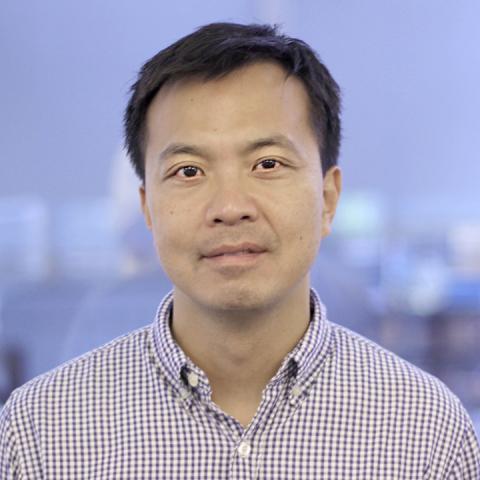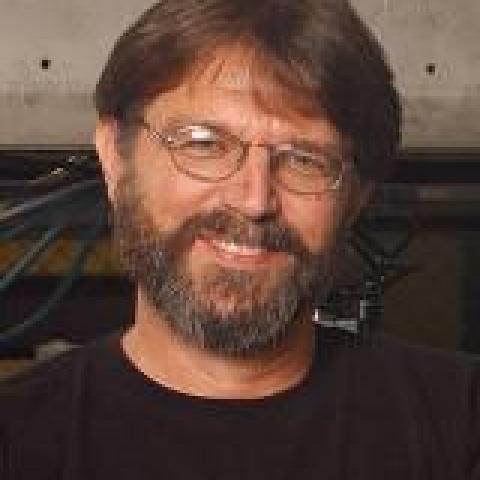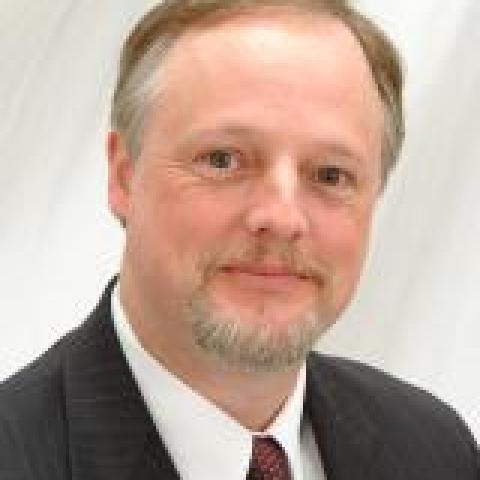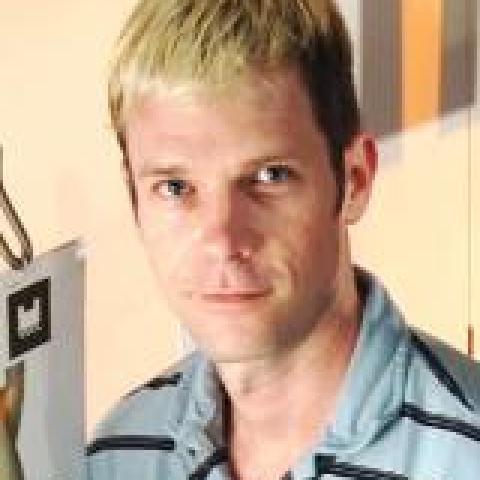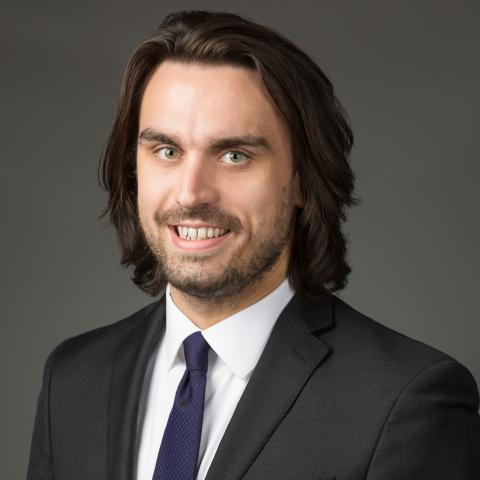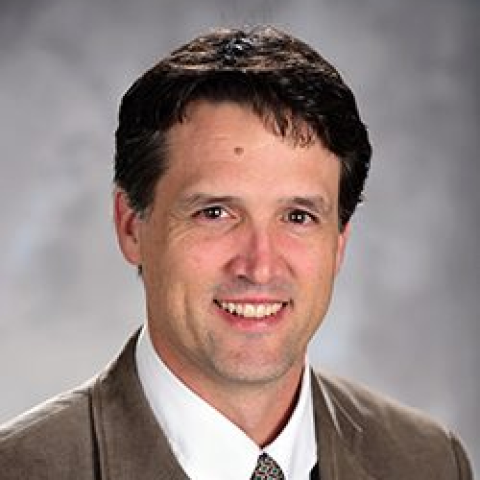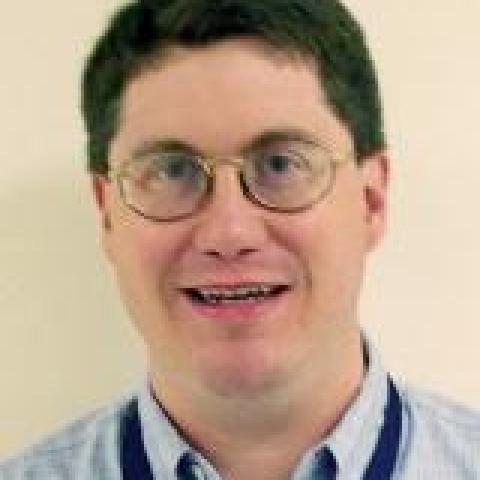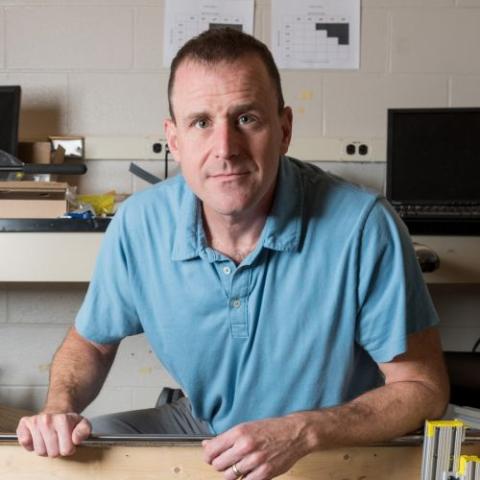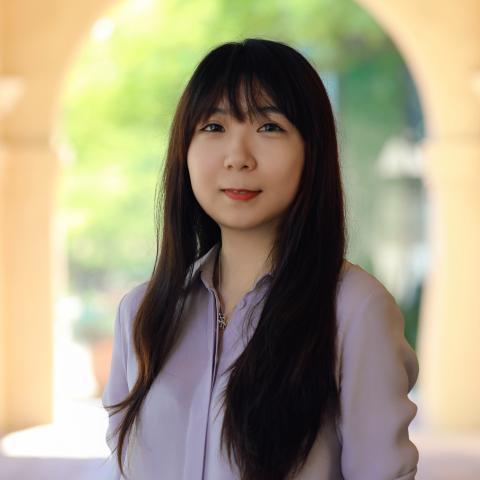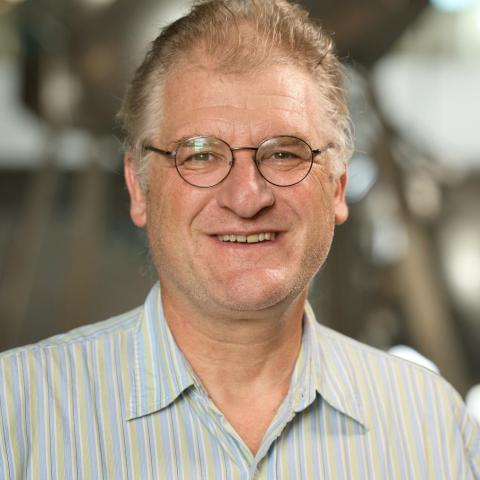Eric Feron is a professor of Electrical, Computer, and Mechanical Engineering. He is the director of the Robotics, Intelligent Systems, and Control (RISC) Laboratory. He recently joined the KAUST CEMSE Division from the Georgia Institute of Technology. Prior to his time at Georgia Tech, he was an active faculty member in MIT's Aeronautics and Astronautics department from 1993 until 2005. Feron’s career in academia began in Paris, France, where he obtained his B.S. and M.S. from École Polytechnique and École Normale Superieure, respectively. He later completed his Ph.D. in aerospace engineering at Stanford University, U.S.
Feron's research interests center around the use of elementary concepts of control systems, optimization and computer science to address key issues in modern robotic systems. More specifically, aerobatic control of uncrewed aerial vehicles, multi-agent operations, including air traffic control systems and safety-critical software system certification. Feron is also interested in geometric control systems and control theory in general. Among his latest projects, there are a fractal drone, a few positioning systems, a wheel nature could have invented, and a self-reproducing 3D printer.
Feron has always taught at least one course per semester since the onset of his academic career. Feron believes teaching offers a fantastic outlet to communicate display his past research and inspire his new research projects with the thoughts of his classroom students. He has taught subjects as diverse as cyber-physical systems, control systems, operations research, linear programming, software engineering, and flight mechanics. Feron is a strong proponent and author of quality online education products. He also believes in communicating knowledge through all available mechanisms, including analytical and experimental, acknowledging the multiple learning modalities preferred by students, undergraduate and graduate.
